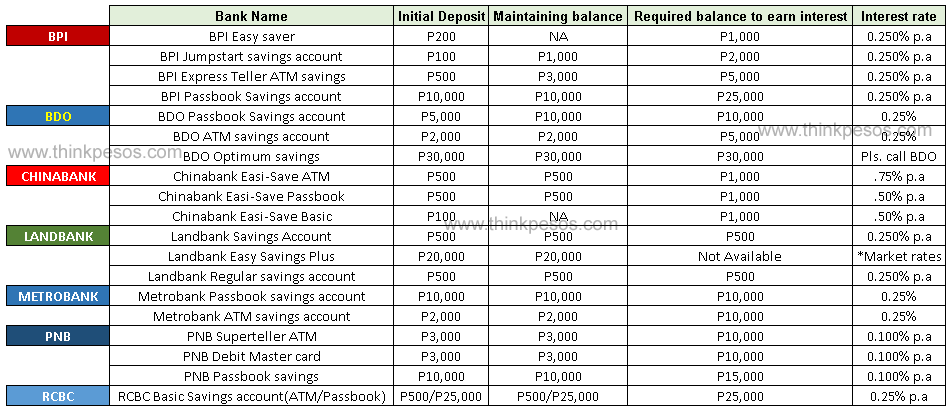Content

The downside to public accounting can be the long hours sometimes required to do the work, especially during tax season. They often must market their firm to new clients and may have to travel extensively. As business owners, they must deal with unexpected issues that come up, such as looking for an office or replacing equipment. They may also be held responsible for problems with their clients’ books, such as tax audits.
- The use of the terms “public” and “private” in this context can be confusing.
- Knowing the differences between these two career tracks can help you choose the job that best suits your long-term goals.
- Private accountants must also have the desire to specialize in a particular industry.
- The technical accounting role will play to your strengths more and leverage what you already know and do well for those coming straight from public accounting.
- Plainly speaking, fifteen years is a long time to put up with comparatively low pay, hard work, and long hours.
- The career path of a public accountant is to advance through the positions of auditor and audit manager to eventually become an audit partner.
Most government revenues are generated via involuntary taxes and not a willing exchange of comparable value between two parties in a business transaction. Private accountants work with other departments within their companies and must do well Public Accounting Vs Private Accounting in team situations requiring community interaction. Don’t underestimate the importance of understanding accounting principles. As a management accountant, you’ll be able to help make strategic decisions that can impact the bottom line.
Salary and job outlook
Before you apply to get your degree, take a moment to learn more about both of these critical financial roles. Accounts ReceivableAccounts receivables is the money owed to a business by clients for which the business has given services or delivered a product but has not yet collected payment. They are categorized as current assets on the balance sheet as the payments expected within a year. Where a company employs an accountant to act as an internal manager and prepare and analyze its financial statement.

They must be willing to adapt quickly to changing work environments due to frequently working remotely. They also need to develop non-accounting skills, such as written communication skills, for varied client interaction. To be successful in their jobs, both private and public accountants need to have similar skills. They’ll need to know about accounting methods and standards, as well as regulations, finance, and other topics. Public accountants tend to work longer hours during the “busy season” of their clients. Usually, this is from January to April when tax returns need to be prepared.
Learn More About Accountant Jobs
However, the distinctions can be seen in the skill developed after the fresh graduates join either career path. Public and private accounting can be seen as “external” accountants and “internal” accountants of a company, respectively. It is important to understand the various facets of the two in the pursuit of either career option. Since a public accountant has to work with many client companies, they may develop experience in different industries.
Perhaps the most obvious difference is the type of clientele you would be working with. Public accountants work with government agencies, large corporations, and nonprofit organizations. Private accountants, on the other hand, usually work with smaller businesses and individuals. Additionally, the third-party, public accounting firms are the ones who review and audit the financial statements prepared by the private accounting professionals.
FIVE YEARS OF EXPERIENCE OR LESS
Here are a few points to keep in mind when weighing the pros and cons of a career in public vs. private accounting. Public accountants may have greater opportunities for advancement, https://kelleysbookkeeping.com/ and they may arise sooner. They may also have more opportunities for diversity in their work, including meeting new people and the chance to work in a variety of industries.
What is the difference between public accounting and private accounting?
Public accountants focus primarily on financial documents like statements and tax returns. They review these critical documents prior to their release to the public. A private accountant works internally to prepare the information that goes into these documents and also does the following: Creates budgets.
Candidates with three or more years of experience are in demand, but companies are also hiring new graduates. Private accountants are trained to develop expertise in recording accounting transactions, which may include billings, accounts receivable and accounts payable, etc. However, a private accountant’s knowledge may be confined to certain areas of accounting exclusively, depending on the nature and extent of the work.
